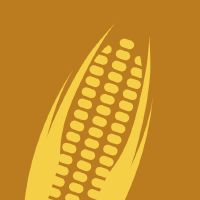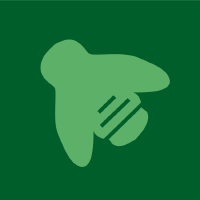Topic Editors



Sustainable Management of Whiteflies
Topic Information
Dear Colleagues,
Dear Colleagues, The term "whiteflies" includes more than 1500 species in 161 genera of piercing–sucking insects of the family Aleyrodidae that feed on the leaf phloem of a wide host range of cropped plants, resulting in severe economic losses in agriculture. Whitefly feeding causes both direct damage to the plant and indirect damage due to the transmission of more than 150 plant viruses, mostly geminiviruses. Due to the great economic importance of these pests, the prevention and management of virus-transmitting insects (specifically whiteflies) on crops have been declared officially as an issue of public benefit in many countries. Whitefly management follows the general approach of chemical pest control. However, conventional pesticides are known to have harmful effects on the environment and are toxic to humans and other non-target organisms. In addition, whitefly control is especially challenging due to the polyphagous nature of these insects and the development of resistance to insecticides, resulting in the very fast growth of these pest populations. Therefore, it is widely believed that the best way to approach whitefly pests is Integrated Pest Management (IPM), based on the rational and coordinated application of different selective and environmentally friendly techniques. This Topic will publish papers covering the current advances in research on the sustainable management of whiteflies, understood as the use of alternative control tools to chemical products. This would include the use of cultural control, host plant resistance, and biological control strategies. Submissions addressing innovative control strategies, such as the use of genomic technologies or endosymbionts, are especially welcome. Works on the effects of insecticides or other pesticides would be specifically excluded.
Dr. Gloria Nombela
Dr. Susana Pascual
Dr. Francisco J. Beitia
Topic Editors
Keywords
- Bemisia spp.
- insect
- IPM
- pest
- Trialeurodes spp.
- Whitefly
Participating Journals
| Journal Name | Impact Factor | CiteScore | Launched Year | First Decision (median) | APC | |
|---|---|---|---|---|---|---|

Agriculture
|
3.6 | 3.6 | 2011 | 17.7 Days | CHF 2600 | Submit |

Agronomy
|
3.7 | 5.2 | 2011 | 15.8 Days | CHF 2600 | Submit |

Crops
|
- | - | 2021 | 30.5 Days | CHF 1000 | Submit |

Insects
|
3.0 | 4.2 | 2010 | 17 Days | CHF 2600 | Submit |

Plants
|
4.5 | 5.4 | 2012 | 15.3 Days | CHF 2700 | Submit |

MDPI Topics is cooperating with Preprints.org and has built a direct connection between MDPI journals and Preprints.org. Authors are encouraged to enjoy the benefits by posting a preprint at Preprints.org prior to publication:
- Immediately share your ideas ahead of publication and establish your research priority;
- Protect your idea from being stolen with this time-stamped preprint article;
- Enhance the exposure and impact of your research;
- Receive feedback from your peers in advance;
- Have it indexed in Web of Science (Preprint Citation Index), Google Scholar, Crossref, SHARE, PrePubMed, Scilit and Europe PMC.

